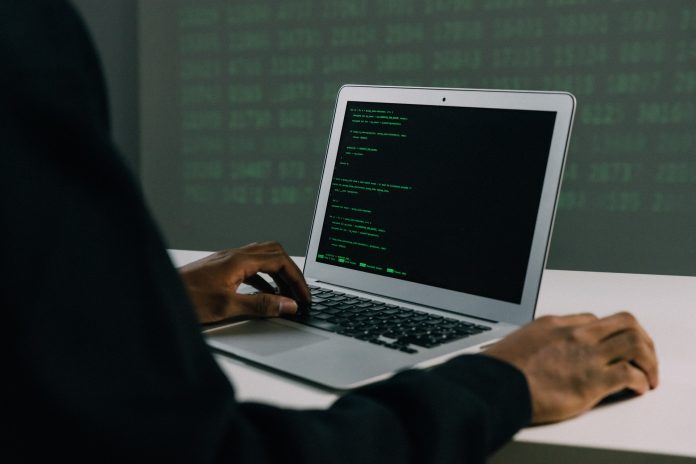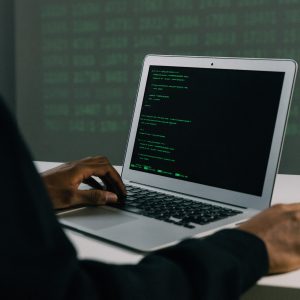Running a small business on Linux doesn’t mean having a small workload. You need to take care of so many things yourself or with the help of just a few colleagues. In the midst of all of this work and stress, cybersecurity is probably the last thing on your mind. It’s not like setting up a firewall and downloading antivirus software offers any monetary value, correct?
Technically, yes, but these steps are pivotal if you want to keep your small business safe, especially since small businesses are becoming very popular among hackers. This is largely because small businesses tend to neglect cybersecurity and are easy targets, unlike big corporations that take cybersecurity very seriously.
Below you will find 5 of the most common Linux cybersecurity mistakes made by small businesses. Your business deserves to be safe, which is why you should avoid these mistakes at all costs.
1. Using weak passwords
A small business usually needs many accounts, and you wouldn’t want to risk forgetting a password to any of these, right? This may have led you to use weak or repetitive passwords just to make sure you remember them. This is a grave mistake to be avoided at all costs.
Cybercriminals often target small businesses by attempting to steal their passwords. If you use weak or repetitive passwords, they can be pretty easy to guess.
The best way to securely store your company’s passwords is by getting a business password manager. A business password manager will ensure that your passwords are complicated, different, encrypted, and only authorized users will have access to them.
2. Forgetting to update your Linux system
When running a small business, Linux system updates are often ignored. What you may not know is that they’re super important for the security of your business because they usually include security patches.
If you keep your business devices on old software, you’re keeping the door open to hackers. Don’t make this mistake and invest a few minutes of your time into updating your software to protect your company’s security. Make sure everyone else who has access to your business accounts does the same.
3. Clicking on links without checking the URL first
You’ve been taught many times before not to click on unknown emails or links. Well, now that users have become smart about this, hackers keep thinking of clever ways to trick you. For instance, they might create a fake social media profile and add a link to a cute cat video that will actually infect your device with a virus.
To protect your Linux system, always check the URL of a website before clicking. Make sure the URL starts with “https”, which means that the connection between your device and the website is encrypted. However, this doesn’t necessarily mean that there isn’t malware hidden somewhere on the website. For this reason, it would be best to avoid browsing unknown websites on your important work devices.
4. Not having a good backup
This is yet another cybersecurity step that is often forgotten because of how insignificant it seems. Perhaps your small business has been up and running for years now, and not once did you need to access a backup. This doesn’t mean that the threat isn’t real. It only takes one cyber attack to steal and delete your company’s sensitive data.
Always have a reliable and up-to-date backup of your company’s data. This way, you’ll always be prepared for unexpected surprises from hackers.
5. Mixing work and home devices
It’s very convenient for everyone in your company to use the same laptop for work, personal emails, Netflix, and social media. No need to buy an extra device for each employee and no need for employees to drag around two computers everywhere they go. What’s not to love?
Well, even if you’re careful online and watch out for malware, your employees may not be as smart. People tend to be more laid back during their free time, and it’s easier to fall for a phishing scheme or click on a malware-infected link.
Plus, you never know who else has access to your employees’ devices when they’re at home. If you get hacked, the price you will have to pay will be far higher than the price for a new laptop, so this might not be the place to save up on money.
Conclusion
Everybody makes mistakes, especially cybersecurity mistakes. That’s why it’s important to be informed about the best ways to protect your small business from hackers. Hopefully, this article was helpful, and you’ll start securing your business by avoiding these 5 Linux cybersecurity mistakes.






